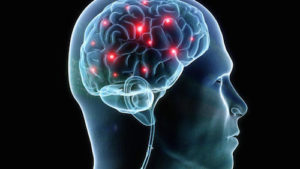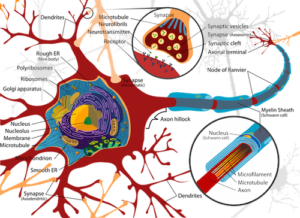 We’ve all been told practice makes perfect, and that with learning anything in life repetition is key.
We’ve all been told practice makes perfect, and that with learning anything in life repetition is key.
Think about those days of studying for tests, learning to speak a new language, or playing a musical instrument. It was all about practice and repeating the process until it stuck in the brain, and became like second nature.
Working the brain to learn something new involves neurons firing and wiring together. During this process, neurons fire together and create something called a synaptic connection, which helps build and create memories.
Then there are the glial cells. These cells speed up the connection between neurons, indicating the information the brain is being told to retain is extra important.
For example, if you spend most of your time trying to learn a new language, then your brain registers this task as something of high importance, and the glial cells will make sure the next time you begin running vocabulary words the synaptic connections happening fire at a faster speed.
See how this whole idea of practice makes perfect actually works?
The brain also has microglial cells, and those cells are responsible for removing the information in the brain that hasn’t been given much thought lately.
Did you have to memorize a presentation for work then never needed the information again? Try thinking about what exactly you said on that day three months ago.
The exact information seems far away and gone, right? That’s because your brain noticed the information wasn’t so crucial that you needed to have it at the ready and sharp.
Or, that language you’re tying to learn. Notice when you stop practicing it seems to just disappear from your brain? That’s the microglial cells pruning your synaptic connections.
Synaptic pruning.
So, how do you begin to have control over what information your brain decides to delete?
Well, your brain recharges when you sleep, which is why when you learn something new your brain may feel full or overwhelmed, but once you take a nap you wake up feeling clear and able to think.
The idea behind using the delete button in your brain is to learn to not give information you want to get rid of much thought. That way when you sleep your brain sees you’re no longer in need of the information and will begin to clear it out.
In many ways this means don’t dwell on something. Trivial things in life – don’t give them much thought. That way you can delete that info and make room for information that is useful.

















